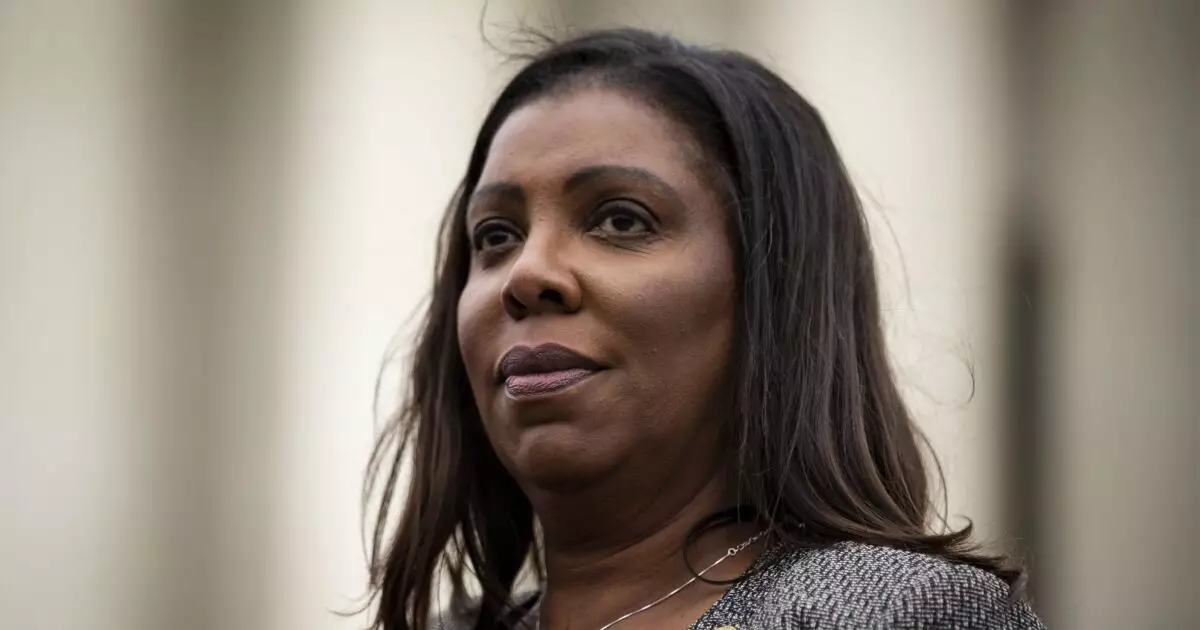In a significant legal development, a Rhode Island district court judge has determined that the Trump administration is in violation of an order mandating the restoration of federal funds to states. This decision arises from a motion filed by 23 Democratic states, claiming that essential federal funding—specifically for infrastructure projects—remains unjustly frozen. The intricacies of this case stem from a controversial memo issued by the Office of Management and Budget (OMB) on January 27, which halted all federal financial support to various states and municipalities across the nation. As the legal ramifications unfold, the situation exemplifies the increasingly contentious relationship between states, the federal government, and the court system under the Trump administration.
The ongoing saga is not merely about financial disputes; it encapsulates the broader struggle between different levels of government during a politically volatile period. District Judge John McConnell’s decision to enforce the restoration of federal funds reflects a willingness to curtail executive overreach. His ruling serves as a critical reminder of the judiciary’s role as a checks-and-balances mechanism—ensuring that the administration does not wield its powers without accountability. McConnell emphasized that the OMB’s actions were prompted by an overly broad order that lacked specificity and, consequently, may likely be unconstitutional. This judicial scrutiny is further underscored by the fact that McConnell was appointed during the Obama administration, highlighting the potential for bipartisan court interventions when fundamental government functions are at stake.
Understanding the Implications of Federal Funding Freezes
The freezing of federal funds has far-reaching implications for states that rely heavily on federal assistance for various programs, including public health, education, and infrastructure. The Trump administration’s directive came just days after the issuance of the OMB memo, raising concerns about the motivations behind such drastic measures. Critics argue that the freeze is part of a broader strategy to leverage federal funds for political gain, particularly in opposition to initiatives promoted by the Biden administration. The states have claimed that the continued withholding of funds under the Inflation Reduction Act and the Infrastructure Investment and Jobs Act represents an existential threat to essential services tailored to meet the needs of their populations.
Additional Litigation and Controversies
Beyond the Rhode Island case, conflicts regarding federal funding have emerged in various forms in recent weeks. A coalition of national nonprofit organizations has filed lawsuits seeking relief from the funding freeze, while three unions have also taken legal action against the administration over its alleged efforts to encourage federal employees to resign. These intertwined lawsuits illustrate how multiple entities are mobilizing against perceived injustices in federal financial distribution. Additionally, the involvement of influential personalities such as Elon Musk, who has been linked to an advisory group analyzing government payments, complicates the legal landscape. Concerns have been raised regarding the authority granted to such groups, particularly pertaining to the sensitive nature of the data they might access.
As the legal battles continue, the political environment remains fraught with tension. Attorney General Letitia James of New York has publicly criticized the administration’s actions, emphasizing the importance of safeguarding citizens’ private information against unauthorized governmental access. The tension escalated further when U.S. District Judge Paul A. Engelmayer issued a ruling restricting certain groups from accessing Treasury Department data. This layered conflict highlights ongoing debates regarding executive privilege and the limitations of governmental power—a theme that resonates throughout American political history.
With a hearing scheduled for February 14, the legal disputes over federal funding are poised to evolve further. The cases currently unfolding embody essential questions about state autonomy, federal authority, and judicial restraint. As the nation watches, these legal proceedings will serve not only as precedents for future administrations but also as critical touchstones in the continuing conversation about the scope of governmental power and the protection of state rights. States seeking to restore funding must navigate these complex legal waters while the Trump administration grapples with the fallout from its controversial funding freeze. The courts will inevitably play a pivotal role in determining the future landscape of federal-state relations, shaping policy implications that extend beyond current political dynamics.

